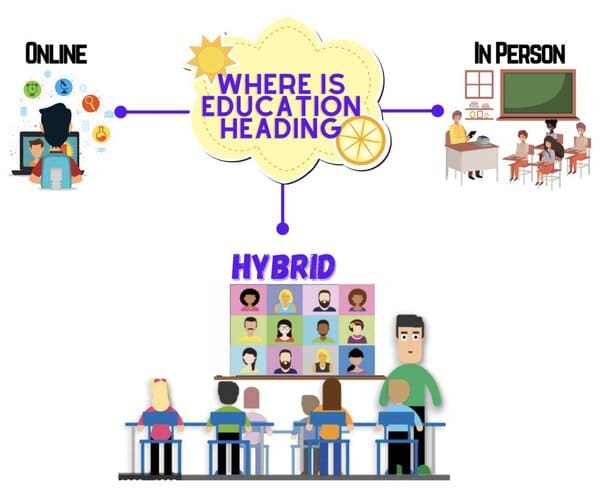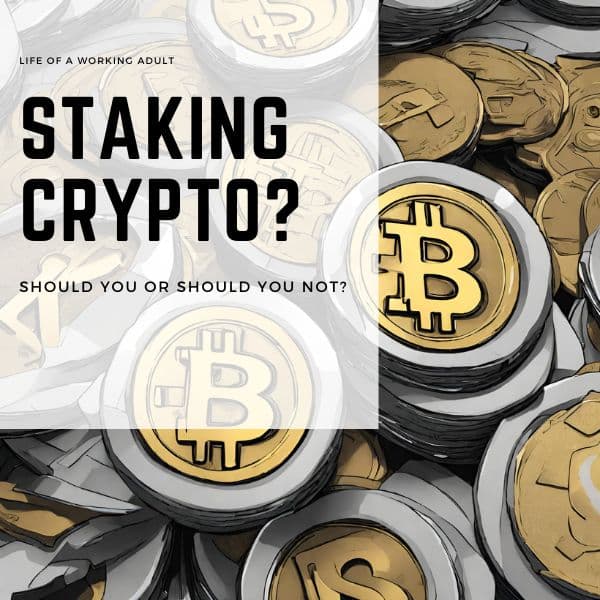From in person school to online, that was what Covid-19 hastened. By October 2021, 18 months of disruption to the Malaysian education would have passed. In that time, in-person schooling has been disrupted 3 times. School kids spent more time online than in-person these past 2 years. And I think this is something that has not been experienced in recent history.
Covid and School Disruption
We have been reading many laments about how sorely in-person learning has deprived our children of an education. What we have not been acknowledging much is how superior online learning actually can be. Much of the problem of online learning I feel, stems from the economic disparity of the different classes. If everyone has the same access and tools, so much more can be achieved.
First school closure came in March of 2020 and subsequently extended till September. Fourth and fifth formers went back to school earlier. Next closure came barely 2 months after the school reopened and it went on till April of 2021. Everyone thought the worst was over and school reopened. It was a short lived reopening. May 2020 saw another closure and we are now looking gradual reopening in various stages starting October.
In such trying times we need leaders who can navigate their way through the technical labyrinth required but many have failed quite miserably.
During these past 18 months, I have come to realise that a teacher with the right digital tools can achieve so much more and beyond.
Problems of Online Education
Same old traditional in person learning after so long
I feel the first problem of online education are the people running the education system. We had the right policies but poor implementations. A lot of money was poured into education but so little came out of it. Billions have actually been spent with not much to show.
Classrooms remained as they were the last 30 years. It’s a problem that requires good doses of integrity and vision.
Visionary school heads needed
Next problem is with the school heads. When heads are clueless or don’t even know how technology works in education, it’s like having a ship with a rudder that is jammed. And somehow, add on the fact that many heads feel they know best, you are on a ship that can only move one direction. Navigating the ship in such challenging times becomes a nightmare.
It is hard to imagine that so many Malaysian school heads are not adept enough to navigate the technology required to tackle Covid-in-education.
Lack of equal access to tools
Next on the list is the lack of access. Students come from all sorts of economic groups. As usual, the have-group adapted quickly. Their parents were able to provide whatever tools required for online learning. Most of them have more than one tool.
In the meantime, those in the B40 group struggled. Imagine 4 kids, with 1 or perhaps 2 mobile phones to be shared among them. Online classes became a tug-of-war for mobiles at home. Parents literally were wringing their hands.
The distraction of the internet
To top above all the other problems was once gadget issue is resolved, the distraction from the internet itself became the elephant in the room. PUBG, social media chats, vlogs, dramas, YouTube became contenders for students’ attention. I think you can guess who wins here.
Regulating the gadgets became a nightmarish situation as kids find every conceivable way to slip in gaming during lessons.
The teachers
Finally, the teachers. There 2 distinct groups I think. One is made up of those who independently sought to find their solutions. They are probably in the smaller percentage of teachers. These are teachers who bought equipment and apps on their own, sought out help from the internet and experimented. Then you have another group of teachers who repeatedly fall back on the “I don’t know” mantra.
It has been 18 months and we still have many teachers operating on social media apps such as WhatsApp to teach. Such lessons often evolved around putting up a stimulus (very often dismally taken snapshot) and getting students to populate the attendance list. The kids type their names into this one list that keeps getting longer and longer.
Back to in person school, what awaits?
Soon, it is time to go back to in person school. What kind of school will the kids be going back to? Would it be one that is inferior to the possibilities that have dawned? Or will it be one that is forward moving? Or it will just be one full of excuses about how important in person instruction is only?
The age of AI is already upon us. You cannot expect students to be inspired or even just stay interested with the old textbook method. Walk into many classes and you find teachers acting like facilitators, doling out exercises after exercises to drill students so that they will be able to repeat the answers in the exam. Go into some of those more problematic schools and you find the level of noise that will make you wonder how students can learn in that sort of environment.
Hence, the growing voices that in person learning as necessary.
The question now: Is it?
For younger kids, it is perhaps necessary but where older kids are concerned, the jury is still out there somewhere. Young people are very adaptable. In the time that has passed since the first MCO, those who have a higher degree of awareness are beginning to appreciate the value of online learning. Many are beginning to see that the hours they spend in the classrooms (and tuitions) are now less tiring. A 17-year old told me that he can still get a 10-minute power nap 15 minutes before his class. There is no travelling time.
For those who are independent, going online has been a boon. Learning is slowly moving away from the limited confines of the classroom. And they are moving away into a bigger classroom where they are discovering a new world of learning. Most of these students are urbane and come from economically stable families.
But for a majority, going online has been a challenge. Most of these students are from the B40 group and they face problems from the lack of gadgets, awareness and even family support.
So, going back to in person school. Will there be changes or are we going back to the old status quo?

Because if we are going back to status quo, then the kids are going back to an institution set up for the 20th century that feels more like a jail than one that liberates the mind.




